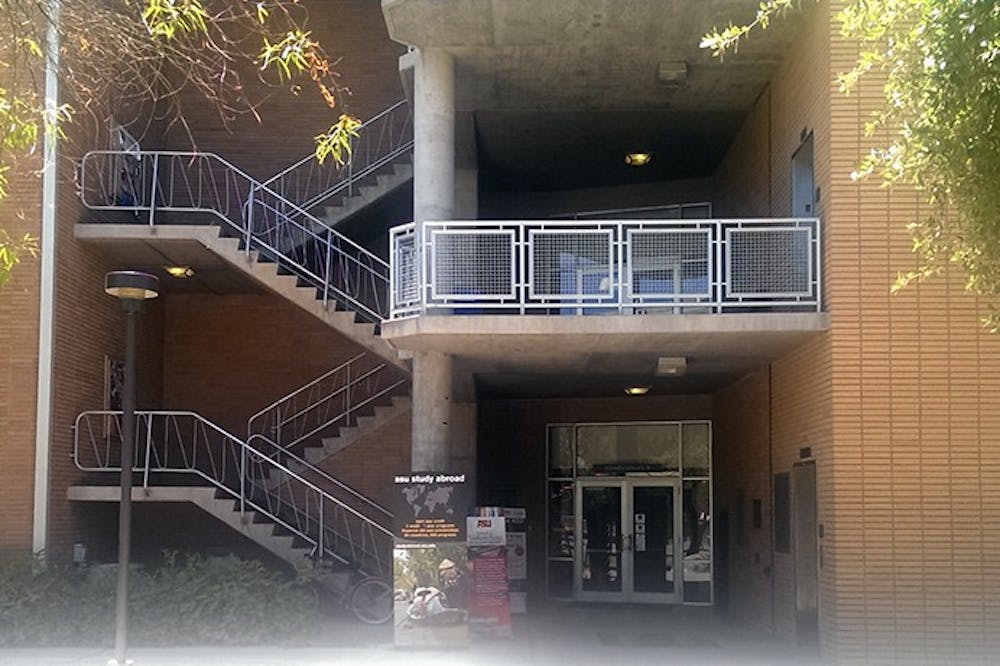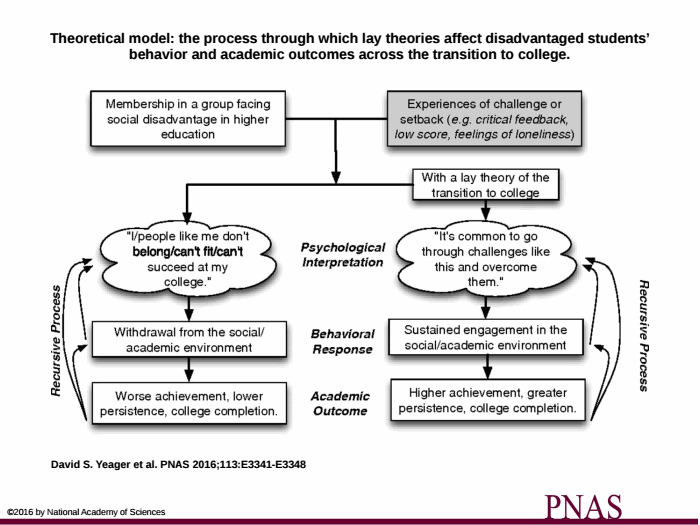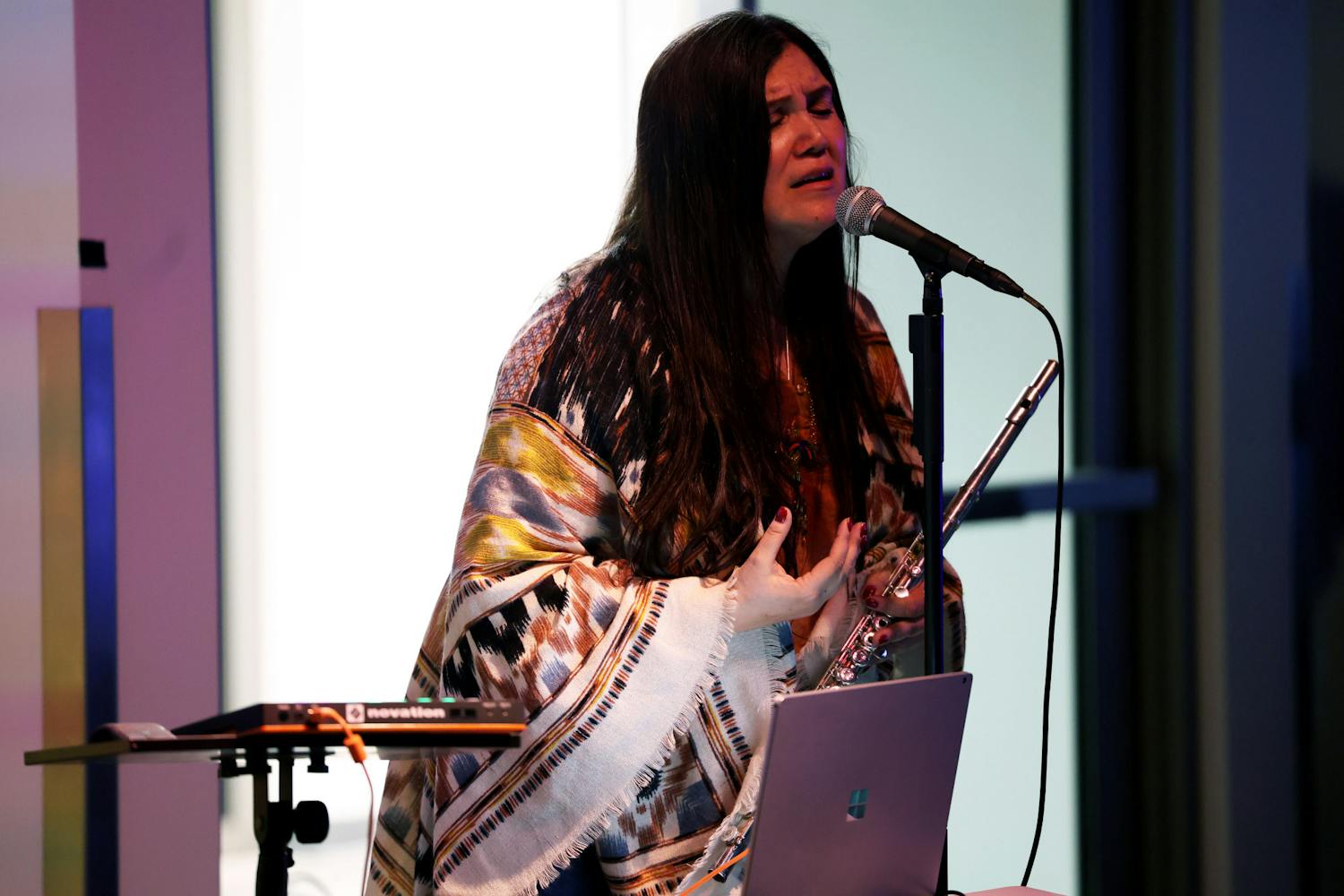Entering college can be a difficult transition, and that transition can be exaggerated for first-generation students, as well as those who come from minorities — though that doesn't have to be the case, according to a new study.
The study, which was conducted and released by the Proceedings of the National Academy of Sciences of the United States of America, found students have higher rates of success when they are able to take a sort of crash course on what challenges they should expect once they're fully immersed in college.
Researchers provided incoming students with a series of online exercises which contained examples of older students sharing stories of how they overcame adversity. Students who read these stories and completed the accompanying reflection exercises experienced higher rates of success, according to the study.
As a result of the study, several researchers have partnered with universities around the country to form the College Transition Collaborative — a think tank which conducts research to help colleges address pertinent issues.
Natasha Krol, managing director for the College Transition Collaborative, said the research shows students are adept at overcoming common challenges in college if they are equipped with the proper information first.
"What they read in these online exercises are essentially stories of other students who have gone through college and had difficulties in their transition and — with time — those difficulties subsided and they were able to employ strategies that helped them succeed," Krol said. "Then students reflect on what they think their challenges in the transition to college might look like and how they might overcome those challenges."
One of the most tangible problems for students undergoing difficulties in school is a fear to ask for help, Krol said.
"Often students, if they struggle ... might not reach out because they're sort of thinking about these concerns," she said. "After reading these stories, they can then feel more equipped and more comfortable to reach out for help and use the resources that school does provide."
Hector Trujillo, a global health sophomore, is a first-generation student of Hispanic heritage and is El Concilio's programming director starting in the upcoming academic year.
Trujillo utilized ASU's First-Year Success Center, which offers coaching to first-year students who are acclimating to the new educational climate.
"I can't really ask, for the most part, anybody in my family 'how do I do this?'" Martinez said.
Trujillo said he was grateful to have a coach through ASU who could answer the questions he was not able to ask his family members, such as how to properly fill out his FAFSA information.
"It's hard because I can't really ask them (my family) for advice," he said.
Business technology senior Luis Martinez is a first-generation college student and of Mexican heritage.
Martinez refers to himself as a "border student" because he spent much of his time in grade school going back and forth between Mexico and the U.S. He said his experiences made the transition to college a difficult one.
"Latinos are very family-oriented, we're looking for a family," he said.
Martinez is also vice president of El Concilio at ASU, an organization with the goal of uniting all Hispanic and Latino/a groups. He said his ability to serve his community helped him find his place at the University.
"If I hadn't found everything I did, I would have dropped out," Martinez said. "The resources are definitely there, you just have to look for them."
Although Martinez was able to overcome the sense of loneliness and confusion that came with being a first-generation, minority student through giving back to his community, he said there are also resources offered by the University that students can utilize.
Martinez said these resources are plentiful for students who need them, but it's not always easy for students to know where they should look for help.
"The resources are there, we just need to advertise them better," he said. "We're doing better than a lot of universities in the country."
Reach the reporter at jwbowlin@asu.edu or follow @mrjoshuabowling on Twitter.
Like The State Press on Facebook and follow @statepress on Twitter.





